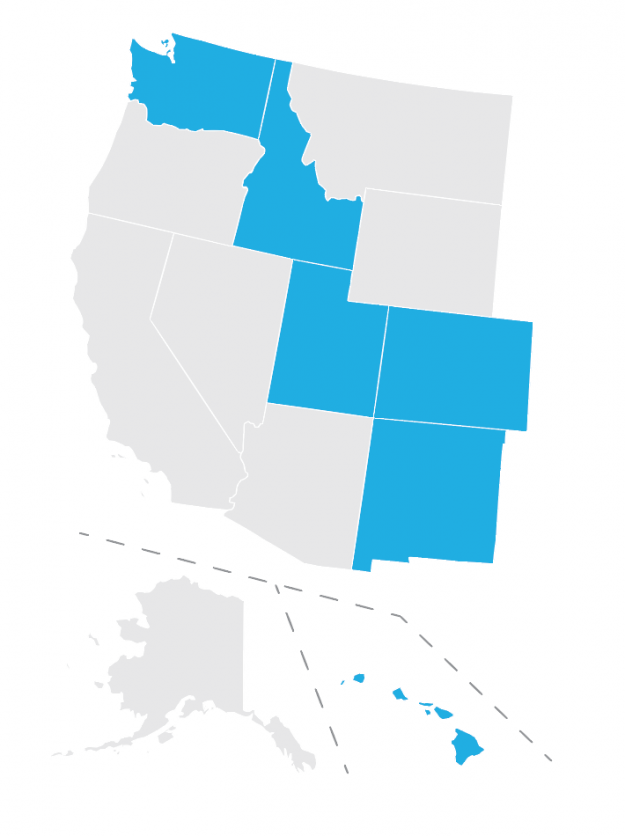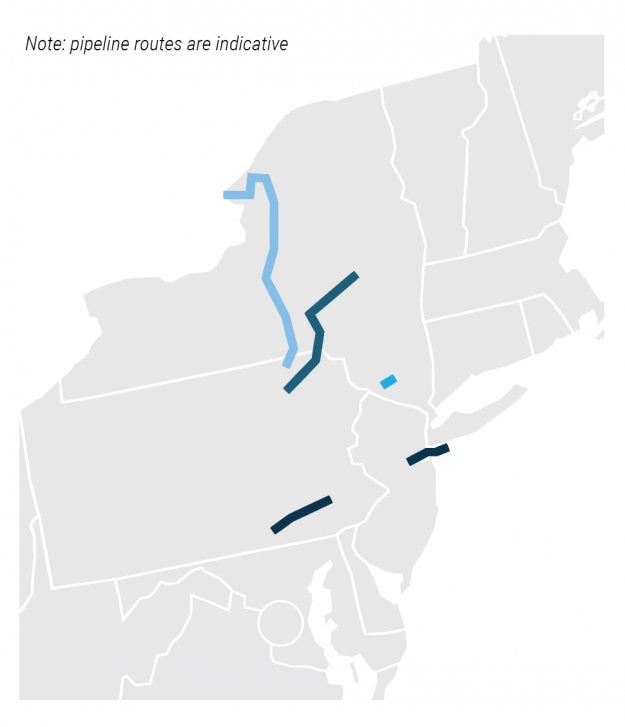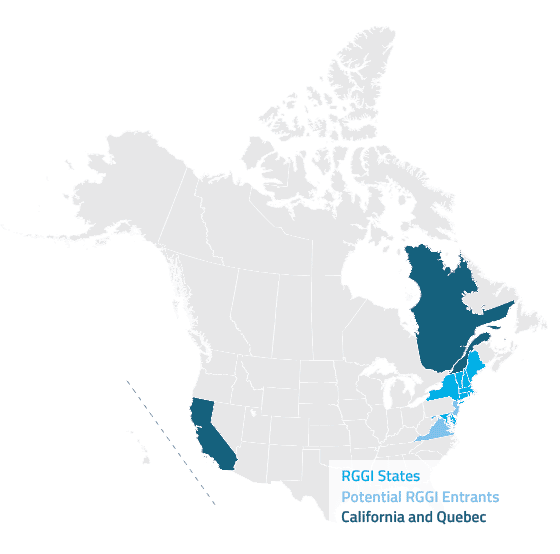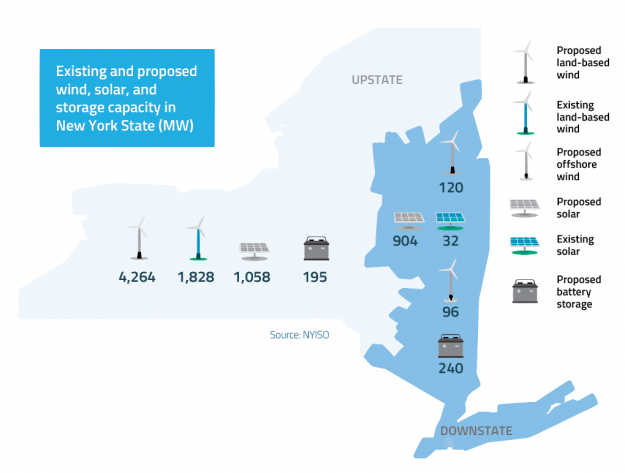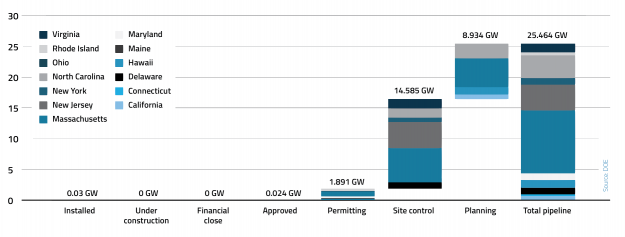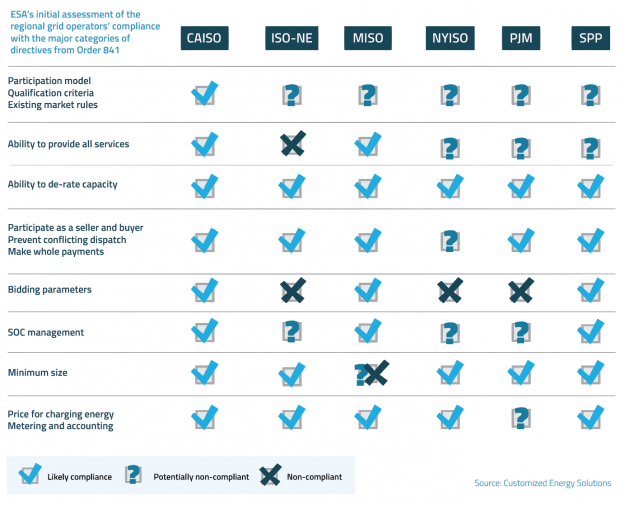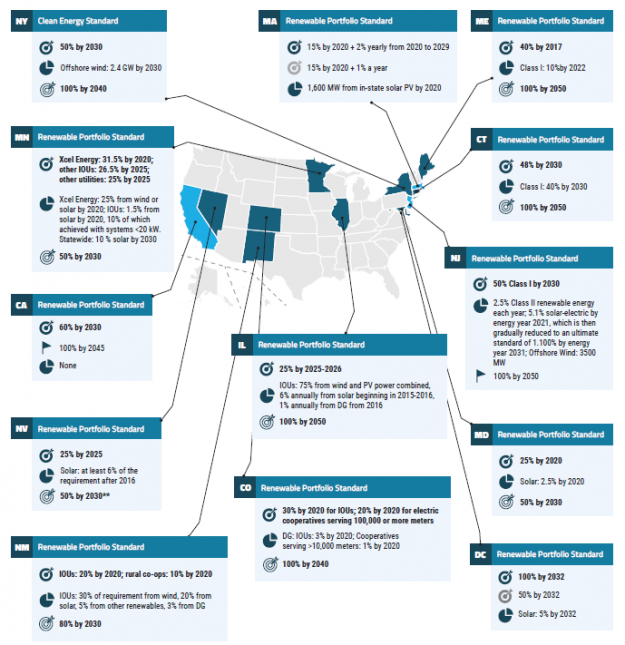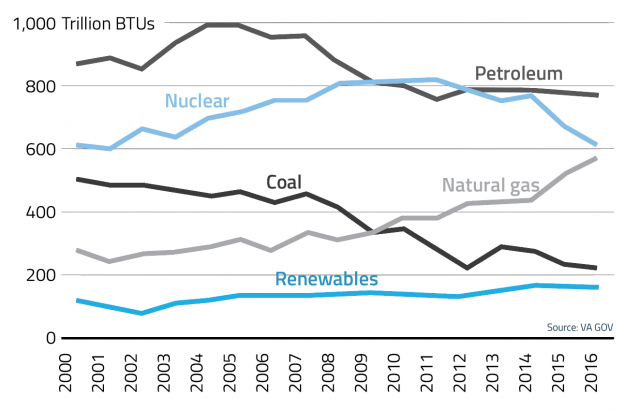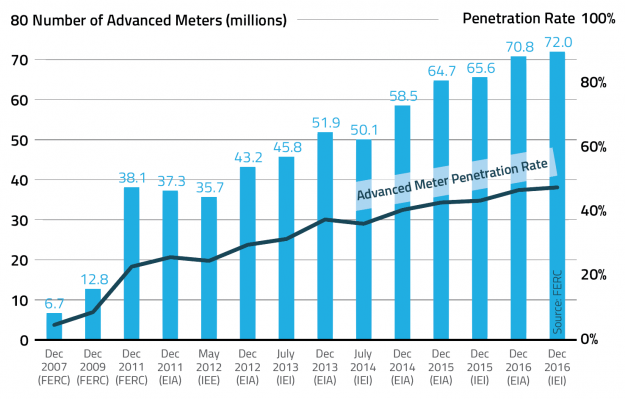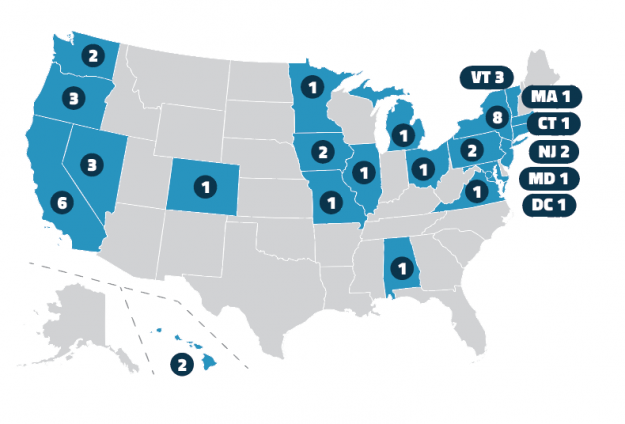EnerKnol’s Visual Primer – State Regulators Exercise Greater Scrutiny on Utility Planning Efforts
Policy changes are occurring faster than ever before, confounding efforts by utilities to plan for the future, causing a paralysis in decision making. The task of identifying all possible scenarios over a longer horizon is becoming more demanding as state renewable energy standards are changing more frequently. Utilities are grappling with the influx of distributed energy resources and new renewable generation under various state programs, coupled with the need to maintain fossil generation to manage the intermittency of these sources.
